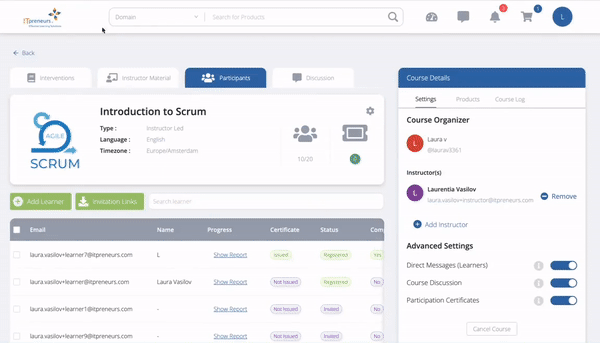The purpose of an organization is to create value for stakeholders. Different persons, groups, or entities in an organization always operate in an integrated and coordinated way to facilitate value creation and fulfill a common set of objectives. The term ‘value’ is an important concept in service management, and it is a key focus of ITIL 4. Value is not a fixed-term; it is subject to the perception of the stakeholders, whether they are the customers or consumers of service or part of the service provider organization(s).
There was a time when the relationship between the service provider and service consumer was considered to be mono-directional and distant. It was determined that the service provider delivers the service and the service consumer receives value; the service consumer plays no role in the creation of value for themselves. This view fails to take into consideration the complex and interdependent service relationships that exist in reality.
Over time, organizations recognized that value is co-created through active collaboration between service providers and service consumers, and other stakeholders. Service providers should not work in isolation to define the value for their customers and users. They should establish service relationships with consumers to co-create value. Service relationships are mutually beneficial, interactive service relationships with their consumers to understand the consumer’s perspective of value. This will empower service consumers to contribute to the definition of requirements, design of service solutions, and service creation and/or provisioning itself.
Related Courseware
Sorry, we couldn't find any posts. Please try a different search.




